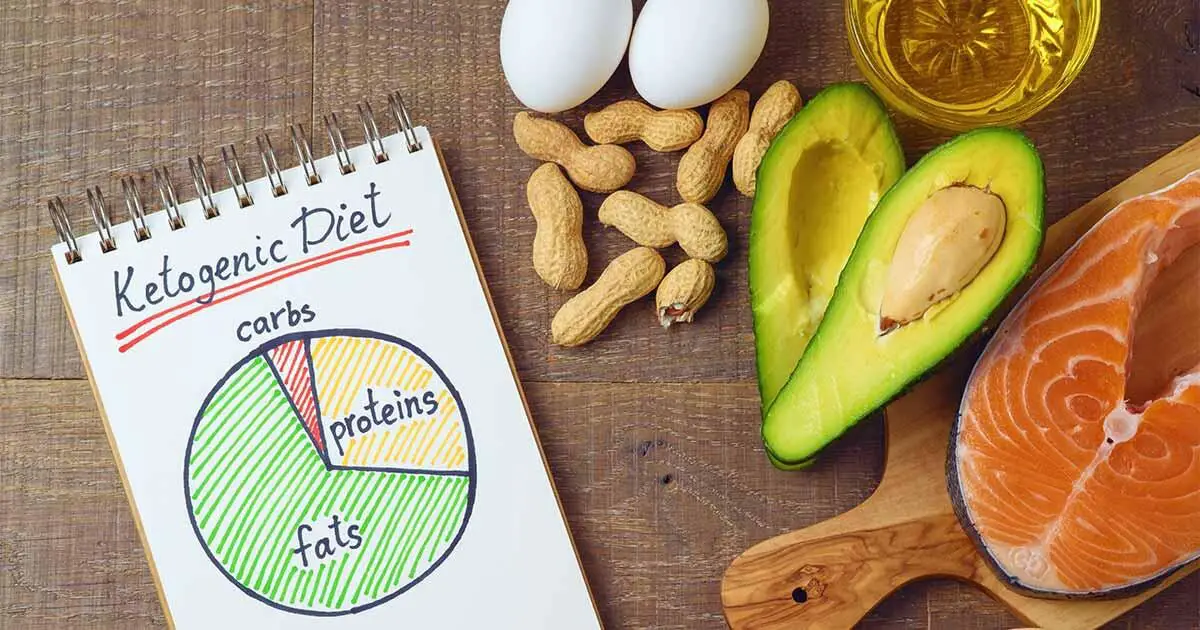Which Diseases Is The Ketogenic Diet Good For?

What diseases is the ketogenic diet good for? First of all, it is useful to say that the ketogenic diet is a low-carb and moderate protein diet. Ketosis is where the body burns ketones from fats. For most people, glucose from carbohydrates is the main source of energy or fuel for the body.
When the body switches to using fat as its main form of energy, ketones are formed mainly in the liver. The ketogenic diet, also known as a low-carb and high-fat long-chain triglyceride diet, is used therapeutically for a number of health conditions. Diseases that the ketogenic diet is good for include:
- Type 2 Diabetes
- Alzheimer’s
- Epilepsy
- Cancer
- Obesity
- Various Heart Diseases
What is the Ketogenic Diet?
A ketogenic diet is high in fat, moderate in protein and very low in carbohydrates, which causes the body to behave similarly to periods of limited food availability. The diet consists of about 65% to 80% fat, with carbohydrates and protein making up the remainder of the intake.
Studies have shown that this dietary approach has a solid physiological and biochemical basis and is supportive for effective weight loss. The low-carb ketogenic diet is also helpful in controlling hunger. It improves fat oxidative metabolism.
Benefits of the Ketogenic Diet
The ketogenic diet can be an anti-inflammatory way of eating if done right. When carbohydrates are taken, blood sugar rises, which can cause some inflammation in the body. What can’t be eaten on the ketogenic diet? The question can be answered as cereal products such as corn, rice, oats, rye, and simple sugar-containing products such as molasses, honey, maple syrup and sugar-containing packaged products, and all fruits with high carbohydrate content are inedible.
However, although milk and yogurt contain protein and fat, they also contain more carbohydrates, which can disrupt ketosis. Therefore, both foods are among the foods that cannot be eaten on the keto diet. Ketogenic diet effects include:
- It lowers blood sugar and therefore reduces inflammation.
- It reduces the risk of metabolic syndrome and its associated diseases.
- It affects hunger hormones and makes the person feel full for a longer time.
- It supports memory.
- It gives weight.
- It supports mental focus.
- Increases physical endurance.
- It improves anxiety, sleep, immunity, and mood.



